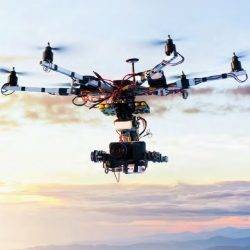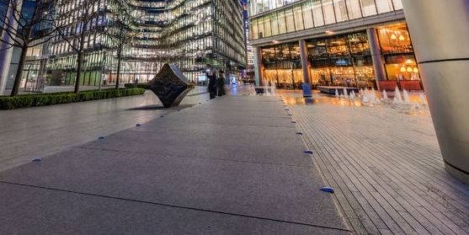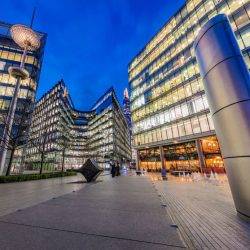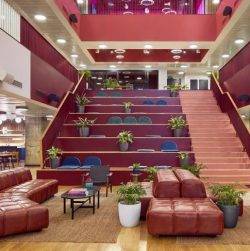June 5, 2018
Employees who work in digitally advanced workplaces are more productive and motivated

Companies that are less technologically advanced are at risk of falling behind the competition and not attracting top talent, claims a new global study from Aruba. By contrast, employees who work in digital workplaces are not only more productive but also more motivated, have higher job satisfaction, and report an overall better sense of well-being. The study, Digital Revolutionaries Unlock the Potential of the Digital Workplace, outlines both the business and human benefits of more digitally-driven workplaces, and how. Almost all respondents (97 percent) thought their workplace would be improved through greater use of technology, while 64 percent said their company will fall behind the competition if new technology isn’t implemented. The same portion (64 percent) believe the traditional office will become obsolete due to advances in technology. However, the survey also warns that companies must be vigilant as more digital-savvy employees are taking greater risks with data and information security.



































June 4, 2018
Your happiness at work is not just down to your employer
by Cary Cooper and Ivan Robertson • Comment, Wellbeing, Workplace design
(more…)